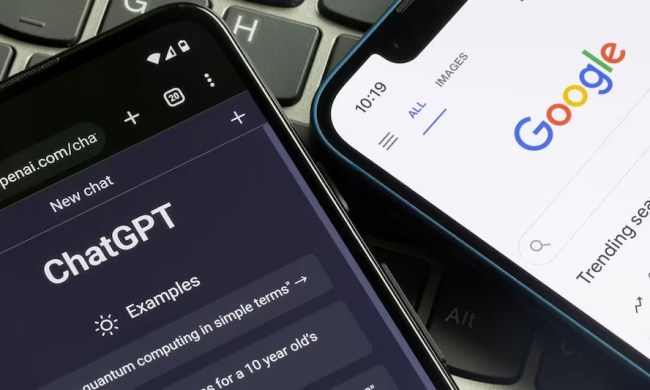Slack is one of the best-known and most widely used collaborative services around, and as such it’s been inviting increased competition. Some of the bigger players have been making moves recently to compete more directly with Slack; Microsoft Teams for example, looks like it will soon offer a similar subscription-free tool. Google hasn’t ignored Slack either, creating Hangouts Chat as a competitor, and now that tool is generally available.
Hangouts Chat shouldn’t be confused with the older version of Hangouts, which was Google’s chat service until it was deprecated in favor of Google Allo for messaging and Google Duo for video calling. Unlike Hangouts, Hangouts Chat focuses on providing a variety of collaborative tools to help groups work together, such as creating dedicate group workspaces, scheduling meetings, and managing tasks. Of course, it also provides the basic messaging functions that Hangouts provided for individuals.
The tool has been in public preview mode since March 2017, and now it’s rolling out to all users as a core G Suite service. Hangouts Chat is integrated closely with other G Suite apps, including Docs, Sheets, and Slides, and users can use Google’s search function to find any and all information located within the system. Google has also integrated artificial intelligence into the system to make it easier to book conference rooms, search for files, and more.

In addition, there’s also a Hangouts Chat application programming interface (API) that lets developers create add-ins and connections to other services. Chat comes with 25 built-in bots that provide a variety of functionality, including @Drive to alert you to files that are shared with you or accessed by colleagues, and @Meet that helps schedule meetings. Third-party Chat integrations include Xero for accounting, Dialpad, RingCentral, Uberconference, and Vonage for communications, and Lucidchart and Zoom.ai for productivity.
If you’re still using the old Hangouts, then Google assures you that your chats and contacts aren’t being left behind. Hangouts Chat is compatible with the classic version and can access your Hangouts contacts. Hangouts Chat also works with Hangouts Meet, the video collaboration tool that Google introduced directly to the public in early 2017.

